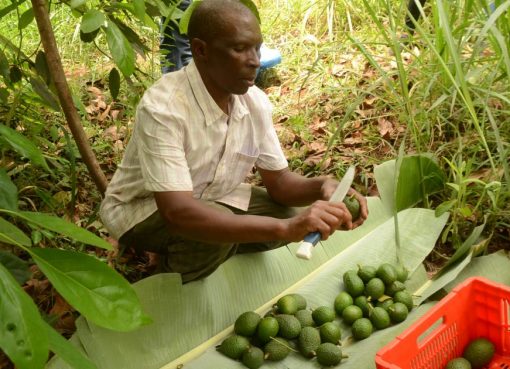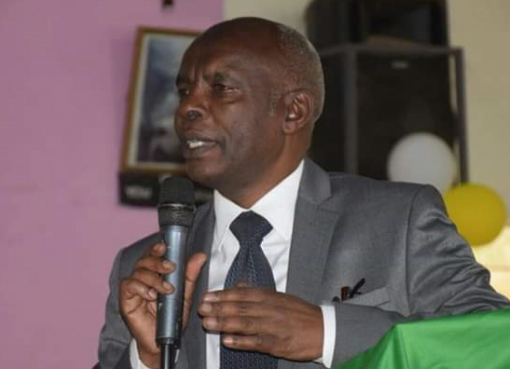The Ministry of Energy has put in place mechanisms to transition public institutions from use of biomass cooking fuels to higher level cooking solutions by 2025.
The move is meant to meet Kenya’s commitment to achieve universal clean cooking by 2028.
Energy Principal Secretary (PS), Major General (Rtd) Gordon Kihalangwa, in a speech read at Kenyatta International Convention Center (KICC) by the Director of Renewable Energy, Dan Marangu, during the launch of the Clean Cooking Week, said all public institutions including boarding schools, hospitals, Technical And Vocational Education And Training (TVET) institutes, prisons among others, are in the first line to enable the government achieve the ambitious target by 2028.

The PS said the government is also devoted to accelerate the adoption of and use of clean cooking technologies and fuels by rural households from the current 30 percent to 100 percent by 2028.
“Indeed, the ground to be covered between now and 2028 seems insurmountable but we are determined to deliver the ambition to the least of Kenyans who bear the brunt of the effects of household air pollution, climate change and environmental degradation,” Kihalangwa said.
He said by 2028, the government is committed to the gradual phase out of charcoal use in urban areas and also to provide an enabling environment for private sector investment in the clean cooking sector.
Reiterating the clean cooking weeks’ theme of “Renewing of the Clean Cooking Focus while tapping into the nexus of Clean Cooking Energy Innovation space”, PS Kihalangwa reiterated that the Ministry of Energy recognizes the role of research, innovation and development as part of the event.
He pledged the ministry’s dedication to discuss options for scaling up emerging clean cooking fuels and technologies such as the use of bioethanol and electricity for cooking.
However, Kihalangwa cited numerous challenges inhibiting adoption of clean energy technology including: lack of favorable business models, limited consumer awareness of their benefits, availability and affordability among others.
The PS urged all stakeholders including the international community, private sector players, Civil Society Organizations to prioritize clean cooking by elevating funding, creating awareness and driving demand.
Kihalangwa said that the government needs to be supported to develop appropriate policy frameworks and technical support to enable rapid growth of clean cooking solutions.
Clean Cooking Associations of Kenya (CCAK) Chairperson, Jechoniah Kitala, said despite the impact of Covid-19, they are celebrating several milestones achieved.
“Kenya is the first to roll out a commercial bioethanol cooking solution with more than 250,000 households using clean fuel to cook,” Kitala said.
The Kenya Nationally Determined Contributions estimates that about 70 percent of Greenhouse Gas Emissions comes from the use of polluting solid biomass fuels and inefficient and unclean cooking technologies.
By Catherine Muindi





